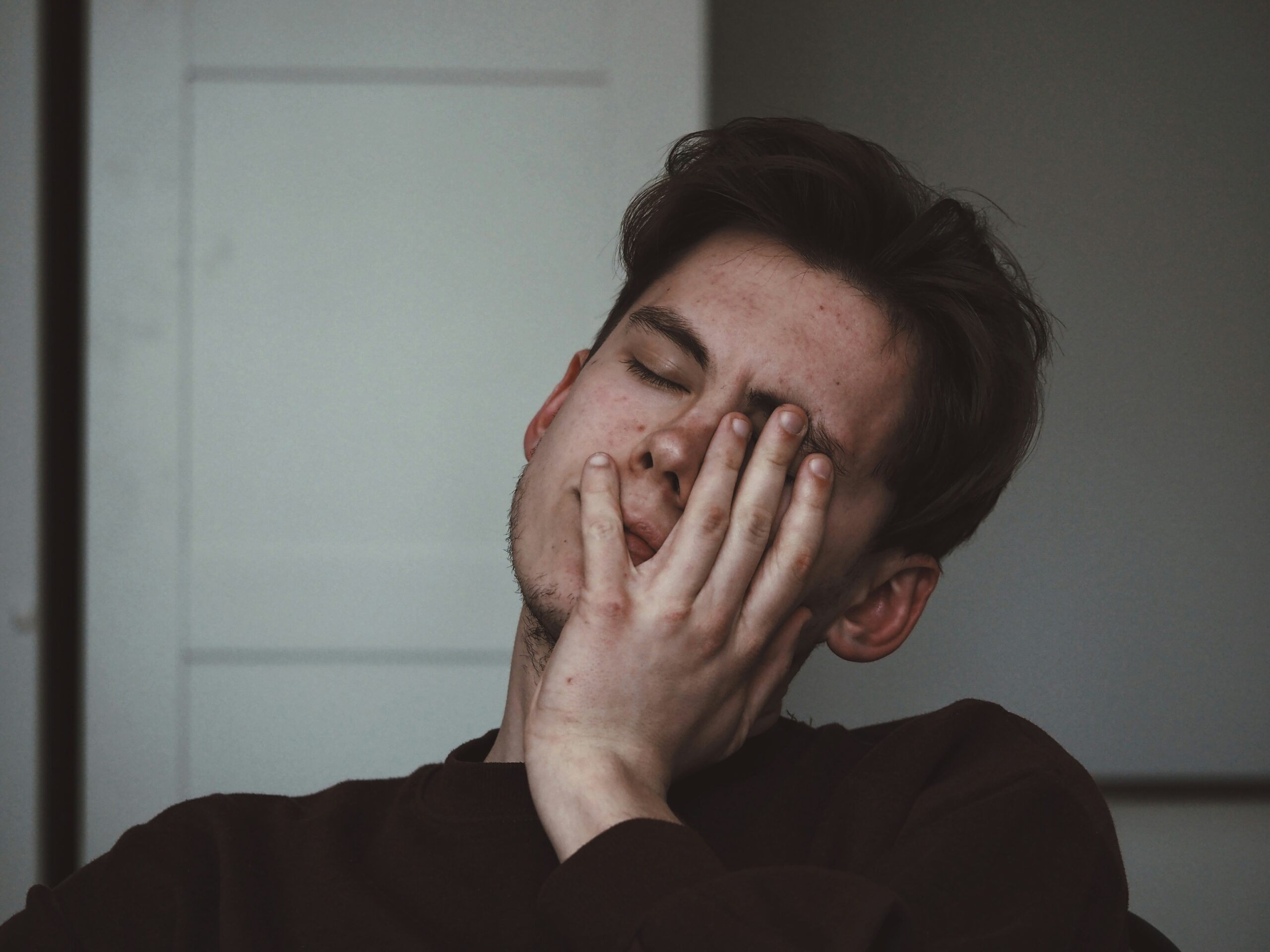The morning mirror doesn’t lie. Those shadowy crescents beneath your eyes tell tales of restless nights, stress, or simply the passage of time. Dark eye circles can make you appear exhausted even after a full night’s sleep, creating a persistent tired look that makeup can only temporarily mask.
Just like the rest of the body, the eye contour matures over time and has the same unspecified amount of muscle at its base. Like the skin, the eye contour is also maturing, and changes in diet and daily wear and tear do not help. What causes fat to get depleted makes the skin lose its elasticity, making the eyes look sad and tired.
Understanding the Causes
What makes those raccoon eyes appear? Several factors contribute to dark eye circles:
Among the contributing factors, genetics has to take the majority, which could be inherited from parents. The decline in collagen levels combined with age-related thinning of skin allows improved vascularity, thus increasing the prominence of vessels as pigmentation. The lifestyle influencers have been worse, though, sleeping disorders, dehydration, excess use of the screen, and allergies all contribute to the cause.
Some people experience more pronounced circles due to their facial structure. Deep-set eyes naturally create shadows, while others might see darkness due to hyperpigmentation following sun exposure or inflammation.
Effective Treatment Options
Addressing dark eye circles requires a multi-faceted approach:
Vitamin A derivatives (retinoids) increase the turnover of skin cells and therefore enhance the production of collagen. Damage from pigmentation may also be reduced over time. Among other prescription-strength treatments, retinoids are most effective however, caution needs to be exercised when applying this medication around the eye. Tretinoin, widely known as Retin-A, has been effective, especially when applied correctly.
For over-the-counter options, look for eye creams containing vitamin C, which brightens skin and reduces pigmentation. Niacinamide (vitamin B3) reduces inflammation, while peptides support collagen production. Hyaluronic acid helps plump the under-eye area, minimizing the shadowy effect.
Don’t underestimate the power of lifestyle changes. Consistent sleep patterns, proper hydration, and sun protection can dramatically improve the appearance of dark eye circles. Applying cold compresses can temporarily constrict blood vessels, reducing the bluish tint visible through thin skin.
Prevention Strategies
Some simple daily habits can help prevent dark eye circles from worsening:
Sleep with your head slightly elevated to prevent fluid accumulation under eyes. Apply sunscreen daily—even minimal UV exposure accelerates collagen breakdown in this delicate area. Stay hydrated and maintain a balanced diet rich in antioxidants to support skin health from within.
Conclusion
Dark eye circles are indeed difficult to get rid of; however, using preventive methods and treatment can noticeably reduce them. Whether you are after obtaining the prescribed medications or the over-the-counter drugs, or even go for the lifestyle changes, you need to be patient for most of the interventions as they can take several weeks to be effective.
You can make yourself glow and put a smile on your face, knowing that you will see the eyes that look clearer and fresher because they best reflect how you feel.


I do get dark eyes circles sometimes but it’s often due to lack of sleep. I had no idea that hydration matters, this is very good to know.
This is me! I am having so much problems with dark eye circles lately. Do you have OTC recommendations for an eye cream?
Will also take your recommendation on sleeping slightly elevated. Thank you for sharing this.